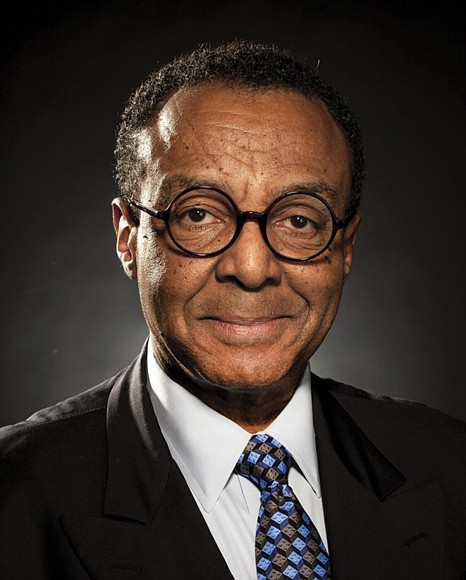Census forms are changing again — because we are, by Clarence Page
4/4/2024, 6 p.m.
On his HBO show “Real Time,” comedian Bill Maher recently went after Democrats for “pandering” to minority groups for votes.
P o k i n g holes in political posturing is right on brand for Mr. Maher, who turns sarcasm into an art form.
In this case, he was plunged into a controversy that more Americans need to talk about: How well do our racial agendas and remedies keep up with changing times?
Among his examples of how “outdated” race issues have become, Mr. Maher cited statistics that show a “276%” increase in Americans who identify as multiracial and how “1 in 5” newlyweds are in interracial marriages.
“My point is, look, you’re still building your politics around slicing and dicing people into these fixed categories,” he said.
“Democrats need to get the memo that you can’t win elections anymore by automatically assuming you’re going to get every voter who’s not these guys,” Mr. Maher said while showing a photo of white men in suits from the “Mad Men” era.
“The more you obsess over identity, the more you ignore the bread-and-butter issues that win and lose elections,” he said. “The real issue is class, not race. And
the real gap is the diploma divide. And the real future of the party and maybe democracy depends on Democrats figuring that out.”
I nodded my agreement, mostly because I’ve been making the same point for years. As an African-American — here comes those labels again — I don’t want to obsess about race, but I don’t want to ignore real racism either.
Neither does the government, one hopes. That’s why — speaking of “slicing and dicing” — less than a week after Maher’s monologue, the U.S. Census Bureau announced that the next national nose count in 2030, as well as other future federal government forms, will offer some additional boxes for us to check.
For example, new choices for “Middle Eastern or North African” and a “Hispanic or Latino” box will appear under a reformatted question: “What is your race and/
or ethnicity?”
It’s important to note that the census forms change with every census because Americans change a lot, including in the ways we categorize ourselves.
In our nation’s first national census in 1790, the choices were understandably few: male, female, free and slaves.
In my lifetime, I have seen my racial self-descriptor change in common usage from “Negro” and “colored” to African -American and, most recently, back to “people of color.”
Going from “colored people” to “people of color,” as I have noted over the years, doesn’t sound like as much progress as I have seen Black Americans actually make.
Still, even as we have progressed enough to witness the election of this nation’s first Black president, race continues to be a social and political tinderbox. The number of Americans who identify as multiple races has risen dramatically, as Mr. Maher mentioned. As a result, identity politics have changed, but they haven’t gone away. In fact, let’s face it: In a dynamic society as diverse as ours, all politics — at
one time or another — are identity politics.
The writer is a columnist for the Chicago Tribune.







